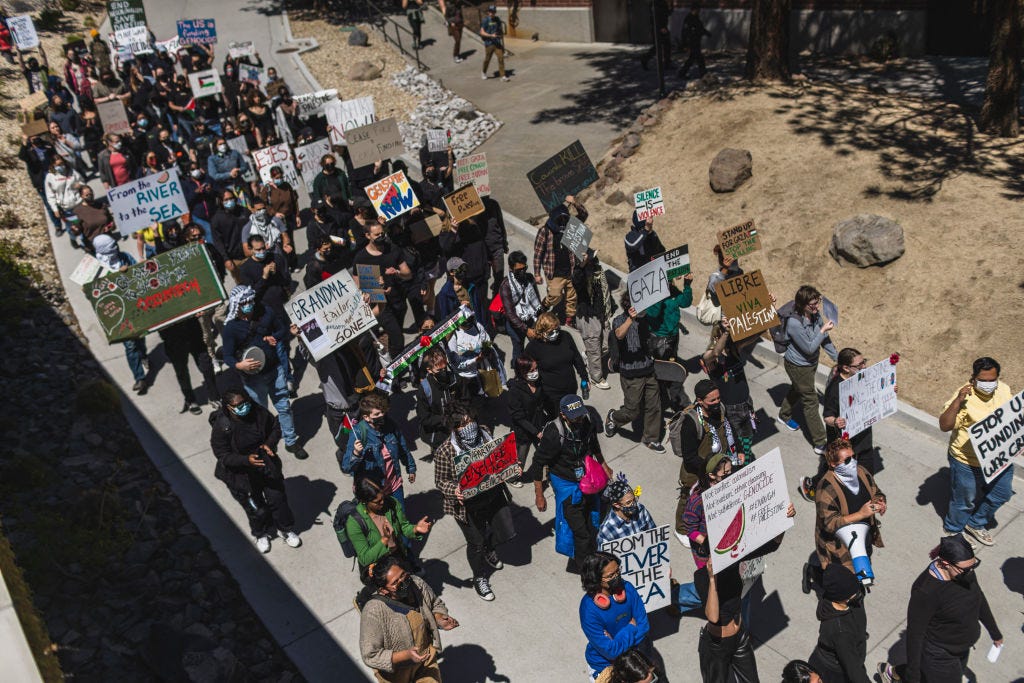Use the f-word
Philosopher Jason Stanley talks about why fascists have mounted an attack on education, why universities haven't fought back, and how to resist
Yale philosopher Jason Stanley — whose expertise is in analytic philosophy and the use of language — has spent much of his time over the past eight years explaining why the best word to describe the rightward turn in contemporary politics is the obvious one: “fascism.”
Stanley’s 2020 book, How Fascism Works: The Politics of Us and Them, build on his prev…




